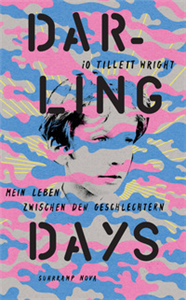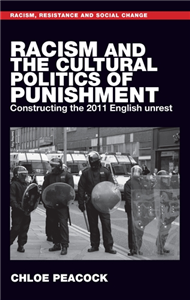Darling Days
Mein Leben zwischen den Geschlechtern
by iO Tillett Wright, Clara Drechsler, Harald Hellmann
Mit sechs will iO kein Mädchen mehr sein. Im New Yorker East Village Ende der 80er sind unorthodoxe Entscheidungen Trumpf: Also gibt sich iO als Junge aus. Und wächst auf in einem rauen, grenzenlosen Wunderland, zwischen Drag Queens, Performancekünstlern und den Freunden seiner [sic!] Patentante Nan Goldin … Darling Days erzählt von der Suche nach Authentizität an einem verlorenen Ort – ein unwiderstehliches, ein heftiges Buch. Als eine Gruppe Jungs im Central Park die sechsjährige iO ausgrenzen, ist die Entscheidung gefallen: iO ist jetzt ein Junge. Die Mutter unterstützt den Schritt, schließlich leben die beiden in einem Brownstone, in dem Anderssein gelebt wird, in dem ungarische Filmemacher, alt gewordene Pornostars und Künstler zusammen mit all den anderen Freaks die Gegenkultur feiern. Für iO beginnt ein Leben zwischen den Geschlechtern, befreit von starren Kategorien, am Rande des Chaos und an der Seite einer Mutter, deren Fürsorge außer Kontrolle gerät …


























